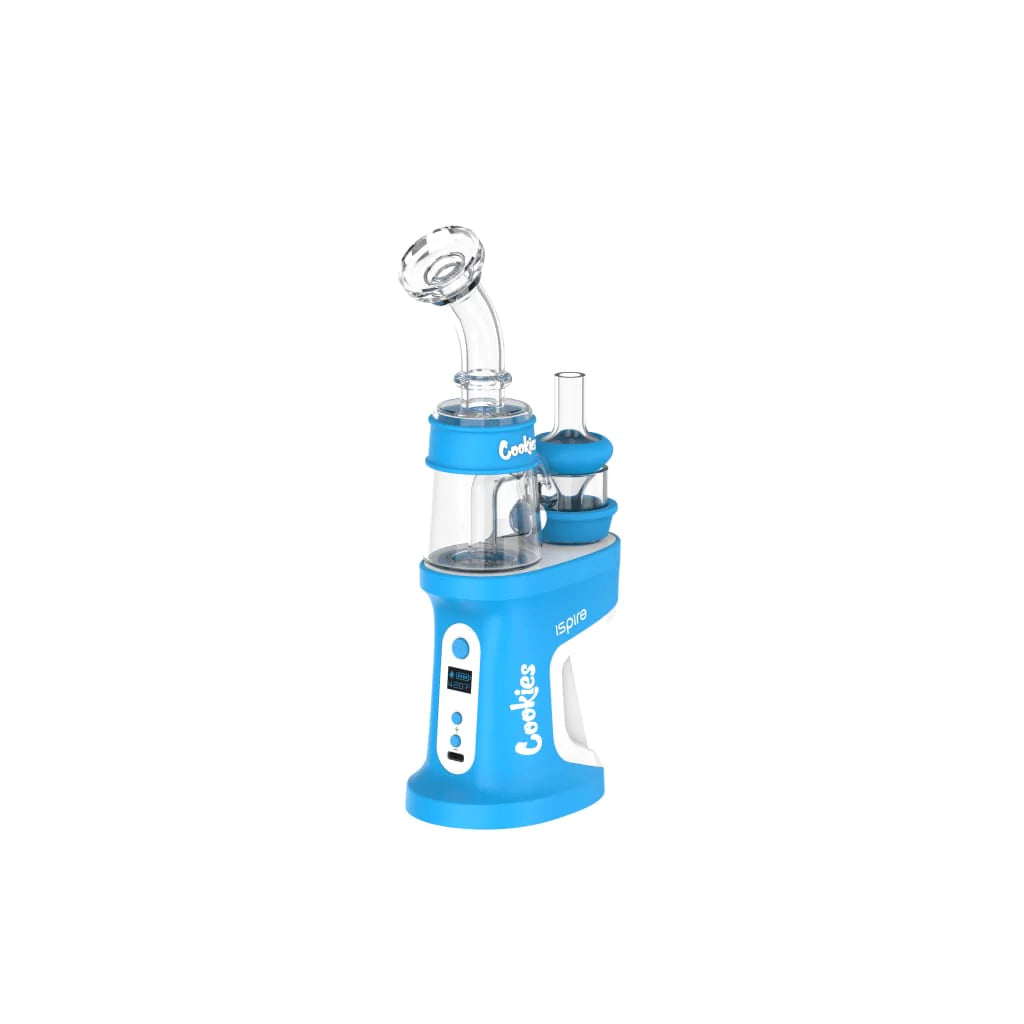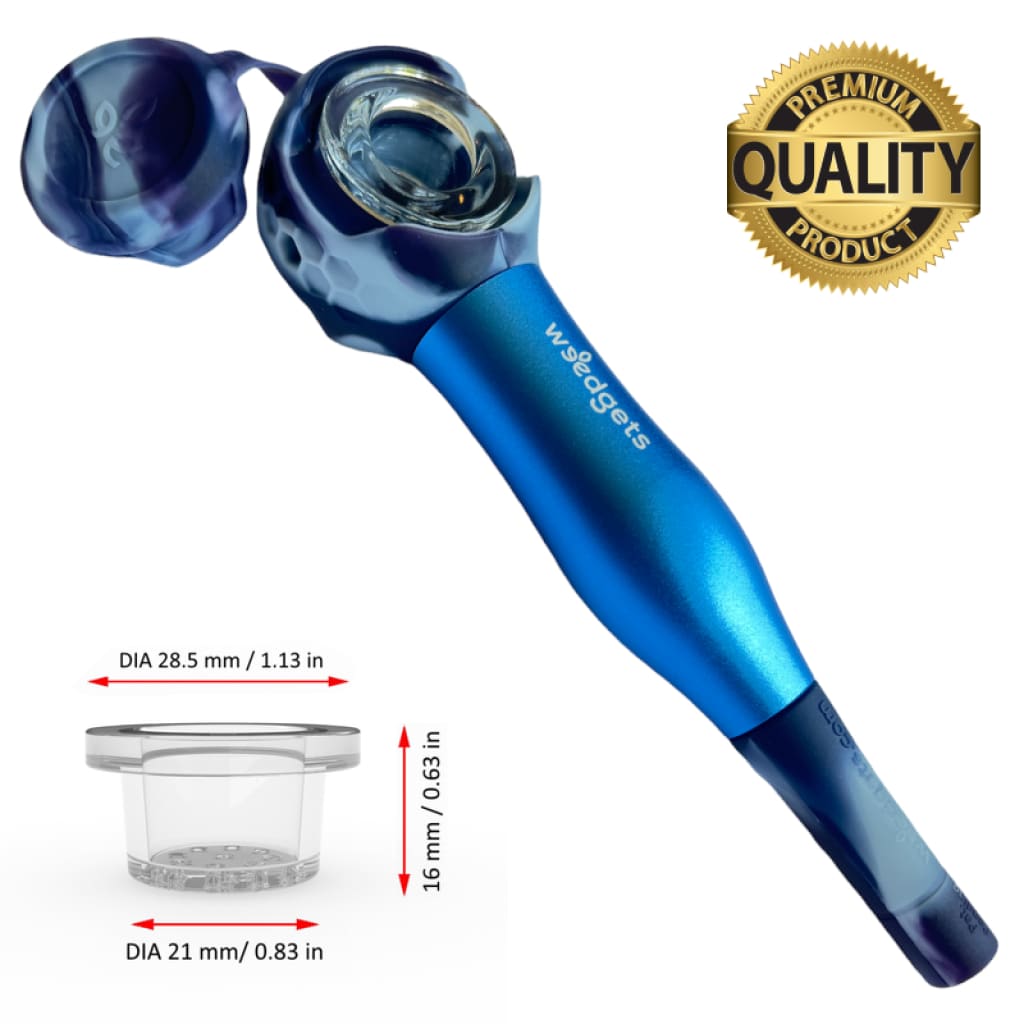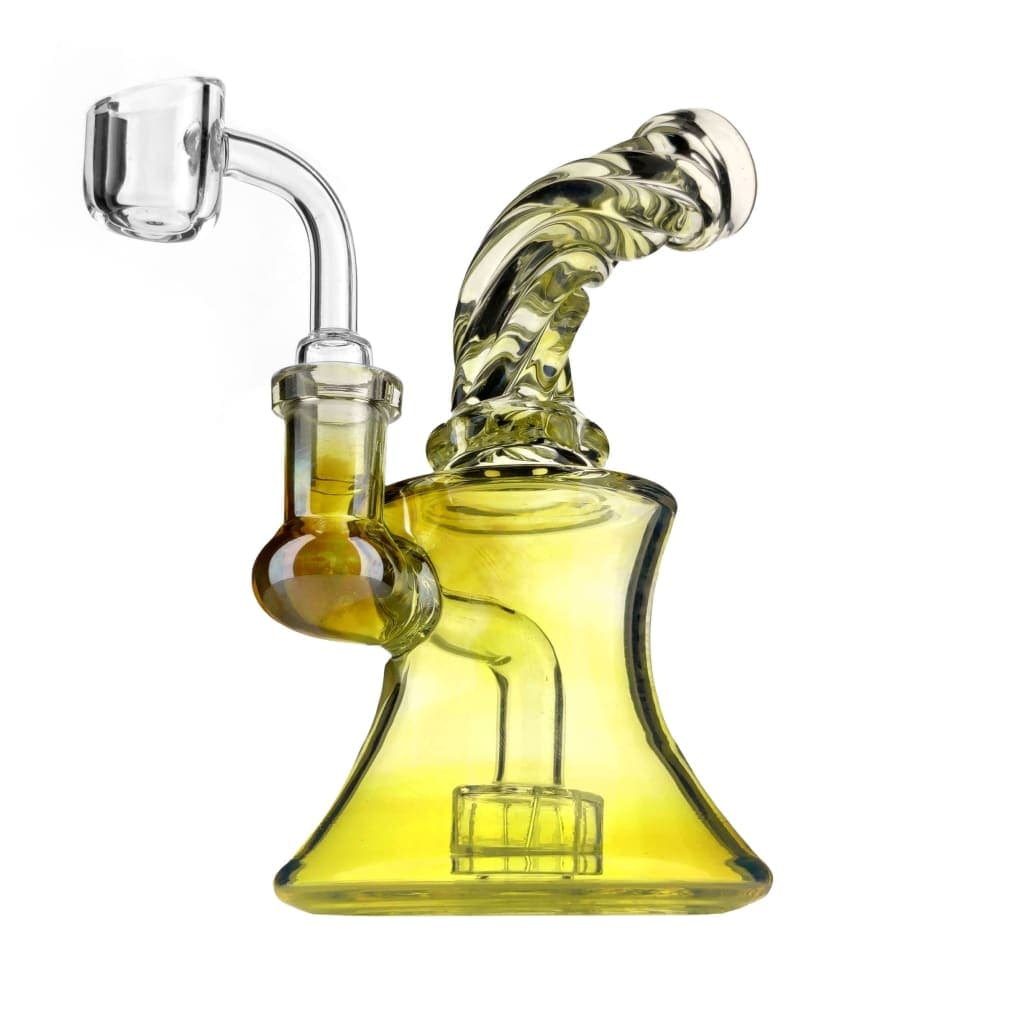Benefits of CBD
Since California legalized medical marijuana in 1996, a growing movement has helped legalization move slowly across the entire nation. With this expanding market, our knowledge of the cannabis plant and the compounds found in it have also expanded. This re-evaluation of the medicinal properties of cannabis has led to remarkable success stories, and new research and studies have been published showing cannabis may have far-reaching capabilities in the world of health and wellness.
Of the compounds found in cannabis, cannabidiol, or CBD, is a cannabinoid with incredible potential in the field of healthcare. Possibly one the most discussed cannabinoids today, as CBD regularly makes headlines for the miraculous results seen by children with severe forms of epilepsy. However, the benefits of CBD are not limited to epilepsy. In fact, there are many reasons to supplement with CBD.
Hemp CBD vs. Cannabis CBD
The CBD molecule is exactly the same in hemp as it is in cannabis. In fact, the only differences between hemp and cannabis are how they are grown and the amount of THC they produce. Hemp is grown in a large agricultural field, while cannabis is generally nurtured indoors. Hemp plants produce less than .3% THC, while cannabis plants can produce up to 35% THC. CBD extracts from cannabis plants are only legal in the states which allow medical marijuana, while CBD oil produced from industrial hemp is legal in all 50 states.
Disclaimer: Due to FDA regulations, specific claims of health benefits of CBD cannot be made. However, through providing valid information and research, we hope you can come to your own conclusions. Every person is different, both physically, mentally, and biologically. Your genetic structure and biochemical makeup is unique, which will make your response to cannabidiol unique to you.
Top 8 Benefits of CBD
CBD is a cannabinoid found in cannabis which displays significant medical potential without creating any kind of psychoactive effect. Plenty of research exists showing how CBD may play an important role in treating many chronic conditions and ailments.
Antioxidant – Antioxidants help stop and prevent cell damage. Oxidation occurs as a chemical reaction in the body each time we take a breath. However, oxidation is increased by environmental factors like stress, diet, alcohol consumption, and toxins. Oxidation produces free radicals which cause cell damage, literally aging the body. Research shows CBD could be a potent antioxidant. In fact, the US Government, specifically the Department of Health and Humans Services, holds Patent #6630507. This patent states,
Cannabinoids have been found to have antioxidant properties, unrelated to NMDA receptor antagonism. This new found property makes cannabinoids useful in the treatment and prophylaxis of wide variety of oxidation associated diseases, such as ischemic, age-related, inflammatory and autoimmune diseases.
Neuroprotectant – In addition to its antioxidant properties, US Patent #6630507, also states cannabinoids are powerful neuroprotective agents. Specifically, the patent reads,
The cannabinoids are found to have particular application as neuroprotectants, for example in limiting neurological damage following ischemic insults, such as stroke and trauma, or in the treatment of neurodegenerative diseases, such as Alzheimer's disease, Parkinson's disease and HIV dementia.
Anti-Inflammatory – CBD is commonly used for treating inflammation. Studies conducted on the effects of cannabinoids showed CBD has multiple ways of reducing inflammation. Most notably, CBD inhibits the production of cytokines, or pro-inflammatory cells. By reducing the number of cytokines, CBD can successfully inhibit the inflammation response.
CBD has also been found to reduce inflammation by stimulating other receptors. Stimulating the TRPV-1 receptors involved in the inflammatory process, CBD produces analgesic and anti-inflammatory effects. In addition, CBD can also stimulate adenosine receptors to produce anti-inflammatory effects. In addition, CBD can also stimulate adenosine receptors to produce anti-inflammatory effects.
Anti-Anxiolytic – CBD is often sought for its anti-anxiety properties. Some patients already using cannabis to cope with anxiety report significant relief from symptoms. Without any psychoactive properties, CBD is often the preferred cannabinoid for those with an anxiety disorder. CBD works for anxiety in multiple ways:
- Boosts Serotonin Receptors – CBD tricks the brain into continuing to produce serotonin by boosting receptors and inhibiting signaling. Thereby, CBD helps the brain achieve anti-anxiolytic effects much faster.
- Inhibits GABA Reuptake – GABA is a neurotransmitter that helps control neuron excitability. Low GABA contributes to anxiety symptoms. CBD helps prevent the reabsorption of GABA, thus reducing anxiety symptoms.
- Inhibits Dopamine - incorrect dopamine levels affect how the amygdala interprets the importance of an event. Higher dopamine levels can increase anxiety symptoms.
Anti-Depressant – In some of the same ways CBD works for anxiety, CBD can also help alleviate the symptoms of depression as well. While CBD does not activate the CB1 receptors of the endocannabinoid system, it does not produce any kind of psychotropic effect. However, through the activation of other receptors, some consumers report CBD can provide mental clarity and uplifting effect which helps some patients suffering from depression.
Anti-Convulsant – Possibly one of the best-known reasons for using CBD oil, many different types of seizure disorders see improvement with a regular regimen of CBD therapy. While the anti-spasmodic and antiepileptic effects of CBD have clearly made an impact in pediatric epilepsy, other conditions can benefit as well, including Parkinson’s Disease, Multiple Sclerosis, and others.
Analgesia – CBD works with different receptors in the body to help block pain and inflammation. For example, by activating the adenosine receptor, CBD reduces glutamate, a neurotransmitter that relays pain signals. In addition, CBD also activates TRPV1 receptors to help desensitize them and make them less sensitive to pain.
Another function of CBD is to increase levels of anandamide, the body’s own version of THC. By keeping enzymes busy, endocannabinoids have more time to produce their own therapeutic effects.
Anti-THC – Maybe one of the most beneficial traits of CBD is its ability to counter the psychoactive effects of THC. Natures own antidote if you will. THC has its own set of medicinal properties; however, the psychoactive effects may be unwanted by some consumers. Adding an appropriate amount of CBD will help to counteract the cerebral effects of THC and diminish negative side effects like anxiousness, paranoia, and increased appetite.
Quality CBD Products
Just as understanding exactly what CBD can do for you, finding a quality product is just as important. Not all CBD products are created equal, that’s why , strives to bring you the best quality CBD products available. Regardless of how you’d like to consume your CBD through their partnerships with Caviar Gold and O.penVape, they offer a wide variety of products to get your CBD supplementation started.
O.penVAPE holds the award for Best in the High Times 2016 Colorado Cannabis Cup competition. Founded in 2012, O.penVape is headquartered in Denver, Colorado, and has extensive experience in the cannabis market worldwide with more than 1200 retail locations across 10 US States as well as, 10 other countries. Dr. Hemp’s CBD has partnered with O.penVape to bring you a quality CBD product at an amazing price.
If vaping isn’t your thing, their Pure Hemp Collective line of CBD products carries a wide variety of consumption methods. Caviar Gold offers a number of ways to supplement your daily regimen with CBD:
- Organic Pure Capsules
- Full Spectrum CBD Tinctures
- CBD vape pens
- Lotions & Salves With Hemp Extract
Note on Dosing
Understand each individual has a unique endocannabinoid system, and finding the right dose is an individual process. Some patients may find the right dose at 10mg, while other patients may need 1500mg for an effective dose. Finding your correct dose may take a little time, but there are some guidelines to follow to make the process easier.
- Start low – many times less is more
- Maintain the same dose for a couple of days
- Gradually increase your dose until you start to see symptom fade
- CBD will not create any kind of “effect” on the user, so journaling symptom severity during your therapy may be beneficial for symptom tracking.





